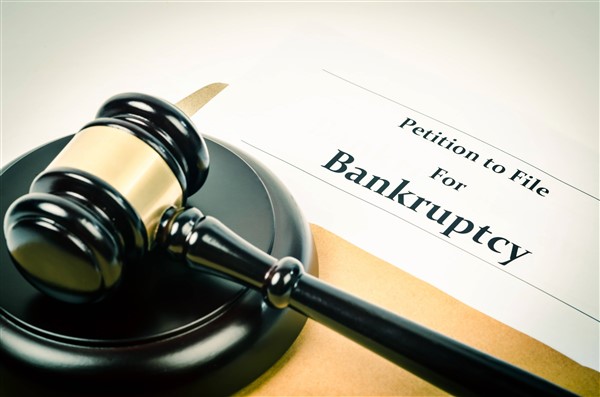Bankruptcy Cases May Be On The Rise
Businesses Are Filing For Bankruptcy & Insolvency
The last few months amid the coronavirus pandemic have seen serious economic impacts. Large retailers aren’t necessarily immune to these impacts and we’re starting to see a rise in bankruptcy and insolvency cases among them.
It’s important to understand why businesses are filing for bankruptcy and what bankruptcy is. This helps you increase the chances of protecting yourself and being prepared should your business be impacted as well. Remember how important it is to find the right Tampa, Florida bankruptcy attorney to help you navigate the challenges of bankruptcy.
What is insolvency?
One of the first steps to understanding bankruptcy is understanding what comes before it. Insolvency is the state of being unable to pay debts or bills. There are two types of insolvency. Cash-flow insolvency is where payments can’t be made because there is not enough money. Balance-sheet insolvency indicates that the total amount of debt is more than the total amount of assets held.
Individuals and businesses who are in a state of insolvency, or are insolvent, must look for options in order to repay their debts and pay their bills. Options may include repayment plans, increasing revenue, or filing for bankruptcy. Of course these options are different for everyone and it’s recommended you discuss these options with a professional team before taking action.
What is bankruptcy?
Individuals or businesses who are insolvent may choose to file for bankruptcy. Bankruptcy is a legal process for debtors who cannot repay their debts to their lenders or creditors to seek financial relief. Typically, bankruptcy is initiated by the debtor and carried out through an official court order. There are different types of bankruptcy which can be used depending on the situation.
What are the different types of bankruptcy?
There are many different types of bankruptcy, however the most common ones are Chapter 7, Chapter 11, and Chapter 13. Each of these are different approaches best for different situations.
Chapter 7: Also knows as liquidation bankruptcy, this type typically lets the debtor keep their current assets while getting rid of their debt.
Chapter 11: This type of bankruptcy is usually used by companies or businesses, or individuals with very high incomes. Chapter 11 bankruptcy typically outlines a reorganization plan so that businesses can stay open and operating, and work out a repayment plan to get the lenders what they’re owed.
Chapter 13: Somewhat related to Chapter 7 bankruptcy, filing for Chapter 13 is used by individuals to seek relief from debts. Typically, Chapter 13 will require that a certain portion of the debt owed is repaid, some assets may be kept, and a repayment plan is instituted.
What do I do if I need help?
Tampa Bay bankruptcy and insolvency can be a complex and complicated process. You’ll need to seek professional advice and counsel from a Tampa bankruptcy law firm in order to determine which type of bankruptcy is best for you.
It can be difficult to find the right bankruptcy attorney in the Tampa Bay Area and Jennis Law has the experience you can trust to guide you through the process.
If you are facing bankruptcy due to the impacts of the coronavirus, or for other reasons, be sure to contact us today. We can give you more information about the different types of bankruptcies and the options you have to get the financial relief you need.
You can also visit Covid19BusinessLaw.com for information and assistance specifically about businesses requiring legal assistance due to the impacts of the COVID-19 pandemic. This includes information about SBA loans, emergency funding, and more.

